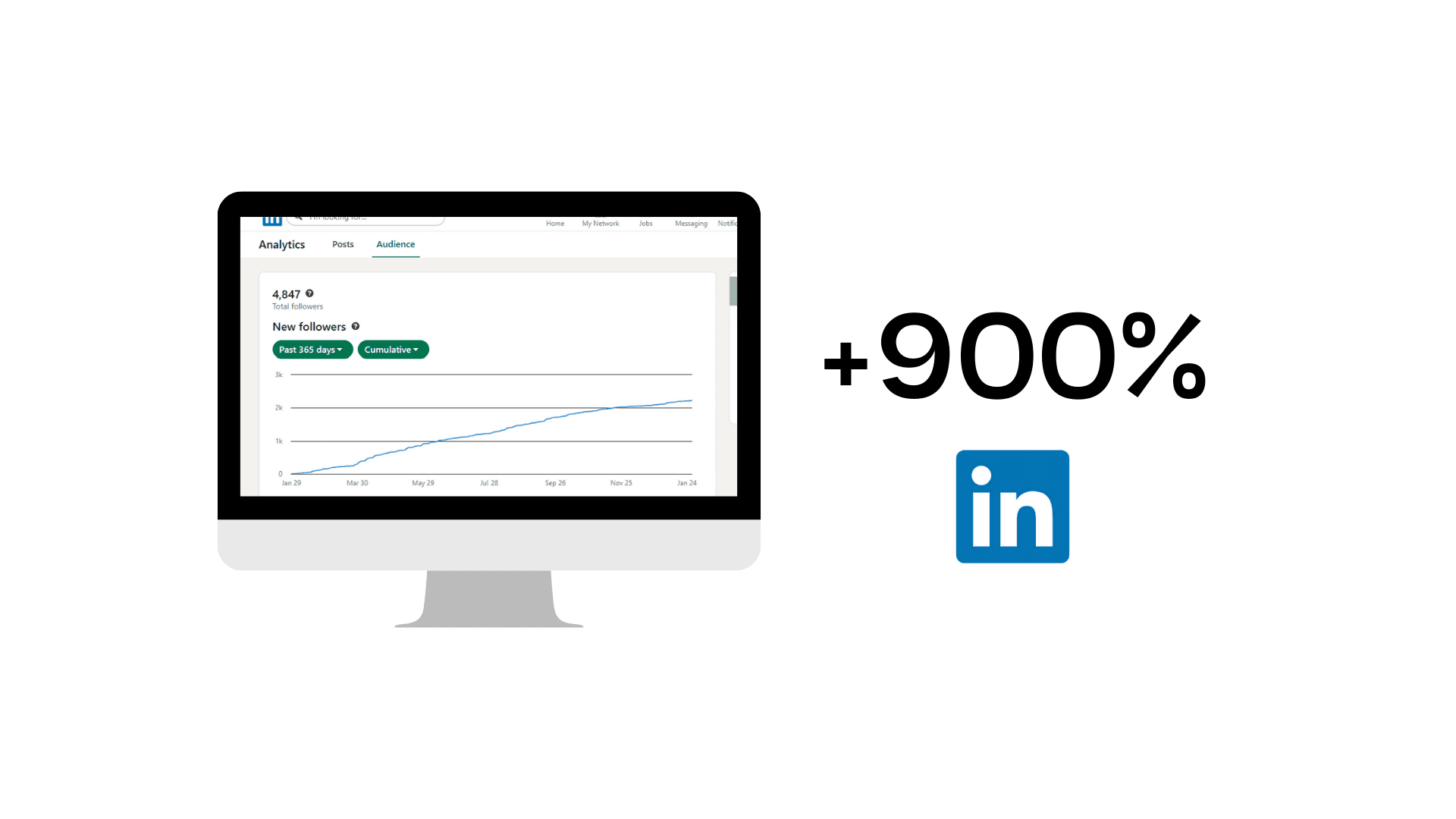Analyzing the TikTok Acquisition
Social Media Platforms
Oct 6, 2025

U.S.– China talks coalesced around a U.S.-controlled TikTok entity, majority owned by an Oracle–Silver Lake–A16z–led consortium. Here's how people are reacting.
What's happening
In September 2025, U.S.– China talks coalesced around a framework: a U.S.-controlled TikTok entity, majority owned by an Oracle–Silver Lake–A16z–led consortium (~80%), with U.S. data on Oracle facilities and deeper oracle-led auditing of the recsys/algorithms (license/lease vs. outright transfer to navigate China export controls). Press described it as a reboot of the 2020 plan — “Project Texas” with stricter governance.
What it means:
Data: U.S. user data sits on Oracle Cloud, with monitoring and access controls operated on U.S. soil.
Governance/ownership: A U.S.-majority JV is the expected end state; Oracle is central (infra + oversight), with additional U.S. investors on the cap table. Details are being finalized through the U.S.–China framework.
Algorithm oversight: Plan contemplates Oracle auditing and/or licensing arrangements so U.S. operations can run under U.S. control without violating China’s export rules on recommendation tech.
Perspectives
According to a recent query on Siftree, here are the main reactions and perspectives on the matter:
Censorship and control over narratives (44.7% of conversations): Worries about who controls TikTok’s algorithm and the global narrative, fear of censorship, content manipulation, and a power struggle over public discourse.
Anger at elites and political actors (37.4% of conversations): Strong negative emotion directed at billionaires, political figures, and media/tech leaders (e.g., Ellison, Trump, Netanyahu, etc.), including condemnation, distrust, and framing of them as harmful or manipulative.
Skepticism about the deal's value and integrity (20.1% of conversations): Doubt or cynicism about the financial terms, the legitimacy of the deal, and whether assurances will hold, often accompanied by questions about ‘what could go wrong’.
Fear of surveillance and loss of privacy (18.7% of conversations): Expressions of dread, alarm, or concern about constant monitoring, data centralization, and the potential for total surveillance or behavioral control over TikTok users.
Distrust and conspiracy framing (16.8% of conversations): Speculative or conspiratorial sentiment that the deal is part of hidden agendas (e.g., CIA projects, propaganda machinery, or broader elite manipulation) and that information is being covertly managed.
Withdrawal and avoidance (7% of conversations): Intent or consideration to disengage from TikTok (e.g., deleting the app, quitting the platform) due to the deal and perceived risks.

Although Censorship and control over narratives has traditionally dominated the conversation, Anger at elites and political actors has seen a recent surge over the last few weeks.





